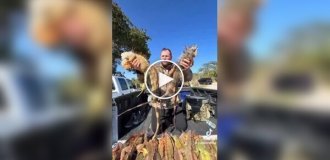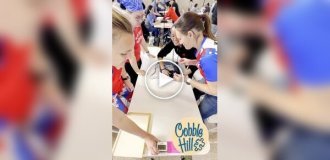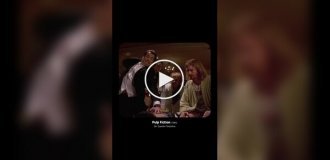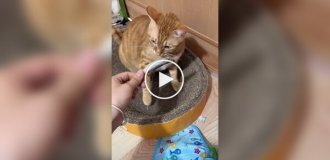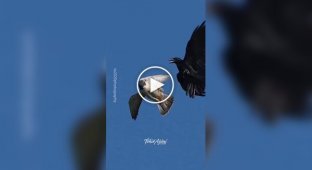Who would have thought that when trying to cover a rather ordinary and widely known bug, I would encounter an amazing problem: in RuNet, no one knows anything about them! 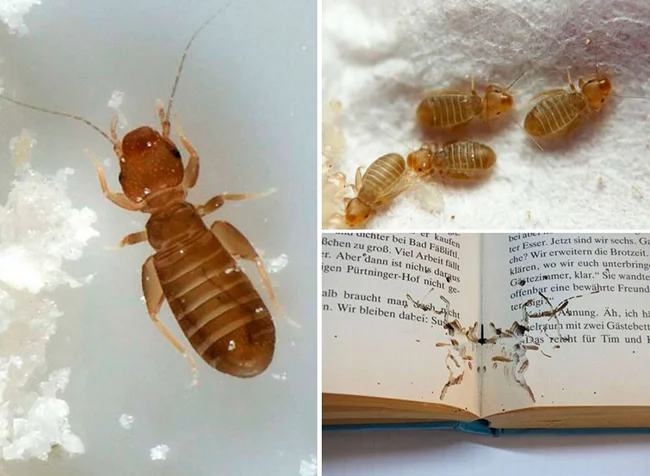
These guys are sure that books are great food for the mind. And the rest of the body too.
If you open Google and type the name of the species into the search bar, you will get the choicest nonsense. Some sites say that book lice settle in rodent burrows and bird nests. Others say that these creatures are so gluttonous that they even eat the dust bunnies that have accumulated on your far shelf. Others claim that they pounce on books without mercy or compassion. Still others say that the parasites mercilessly devour granaries and barns. Hasn't this little bug taken on too much?! 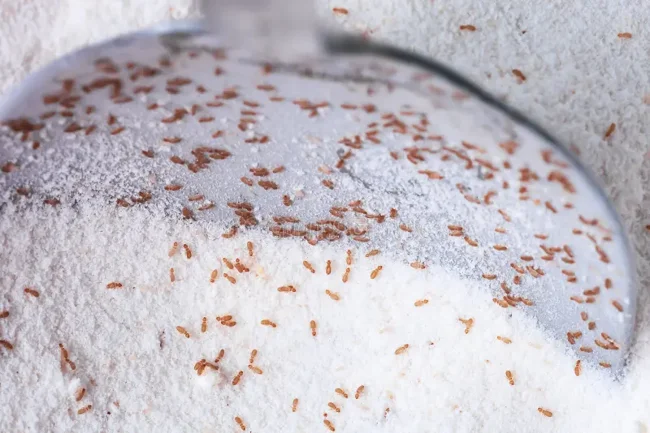
Apparently, these lice think that flour is books ground very finely.
"Oh well," I thought then. "It's not that bad! At least I learned the Latin name of the species." Yeah, right. If you type the international name of the book louse into CyberLeninka, the largest aggregator of scientific articles in the CIS, you will get a single link to a Ukrainian paper from 2015. But if you try to search ResearchGate, one of the largest scientific databases in the world, you will find only a small article that was written 6 years after World War II. 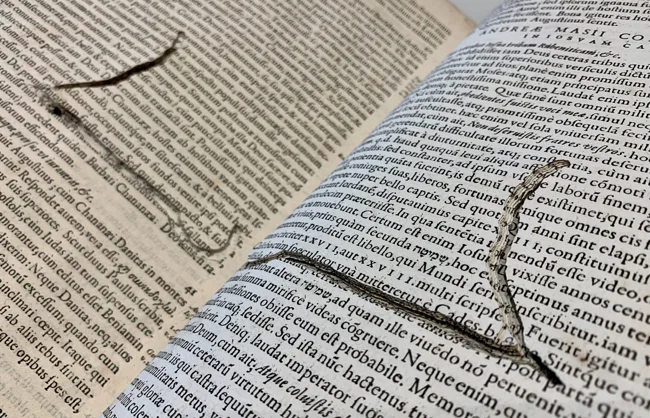
The passages that book lice make in books are very similar to the passages of bark beetles. But these animals are from different orders and have no relation to each other.
At this point, I wanted to lean out the window and howl sadly. My brain was bursting with contradictions. On the one hand, book lice are a real PROBLEM. They live on every continent. Libraries and bookstores have to regularly sort through their collections to prevent this nasty thing from getting in. And large book depositories build entire climate control systems to provide an environment unsuitable for lice. But on the other hand, I can’t find a single drop of reliable information about them! 
Discovery of the day: there are companies that specialize in the production, installation, and maintenance of microclimate systems for libraries and archives. Thanks to them, hundreds of billions of insects lost their food, and people preserved valuable knowledge!
It took me several more hours of mental anguish and frantic searches for information to find a solution to this paradox. The thing is that the species "book lice" does not exist at all! Scientists call all representatives of the order of booklice, united by three common features, book lice. 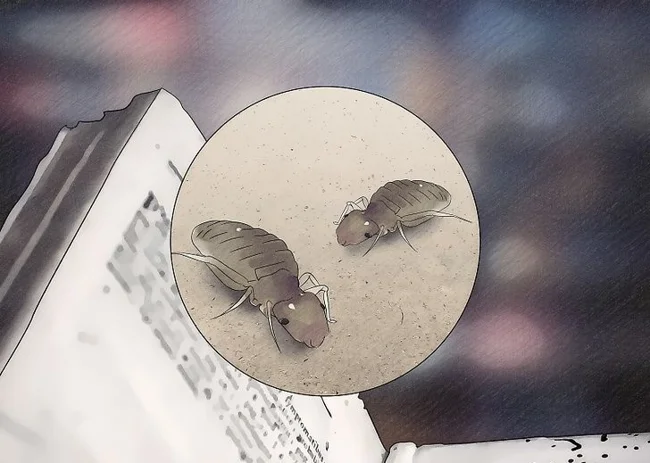
What are we having for dinner today? Oh, Dostoevsky! My favorite!
Firstly, these are small, 1-2 millimeters long, wingless insects. It is almost impossible to notice them without looking closely. Secondly, book lice have become synanthropes — human companions. These parasites have adapted to life in human dwellings. Together with us, they are spreading across the planet. For this reason, "book lice" are called the most numerous and widespread species of booklice. A species that does not exist. 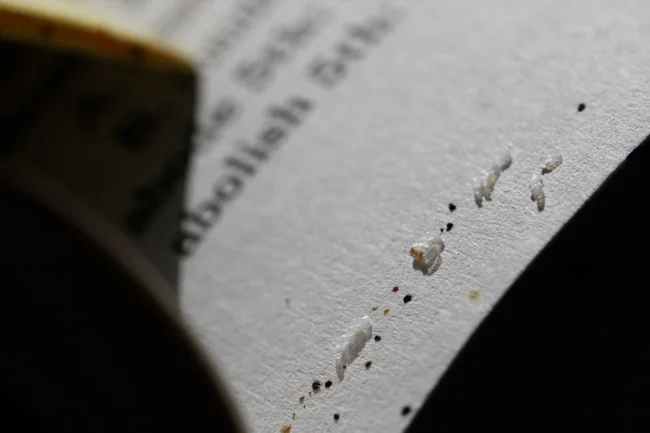
You can't even see a book louse in books, it is so tiny!
Thirdly, the diet of book lice is very limited. They feed on mold and processed plant organic matter. Damp book pages, fungus under the bathtub, paste and paper wallpaper are their priority food. Moreover, these creatures are extremely delicate. They need comfortable conditions to live: high humidity, warmth, abandoned organic matter. If you don't have any of this in your apartment, don't believe the horror stories on the Internet! The likelihood of encountering a book louse is minimal. 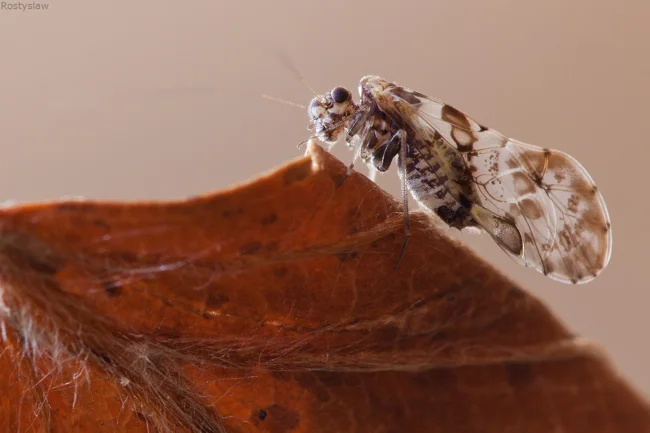
This is a book louse. It is small, feeds on mold, but has wings and lives in the wild. Therefore, it is not a book louse!
Among the book louse, there really are those that feed on dust or seeds, quietly chatter and inhabit bird nests. But all of them are not book lice, but simply their relatives! But inattentive or lazy authors did not bother to look into the sources. Instead, they simply lumped all the hay-eaters together, thereby creating complete chaos in the Internet segment.
Add your comment
You might be interested in:


